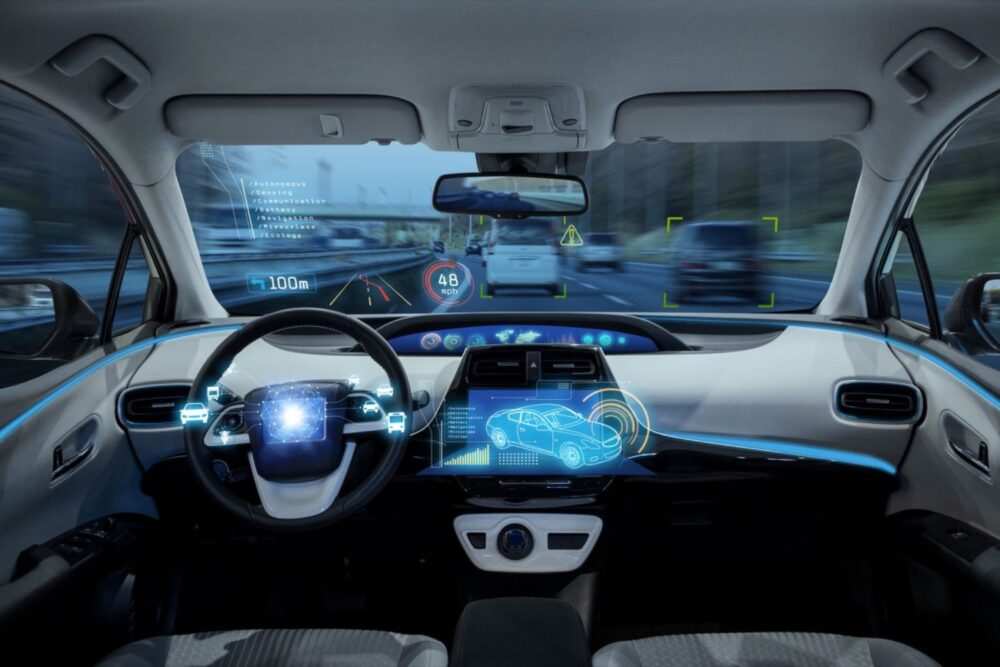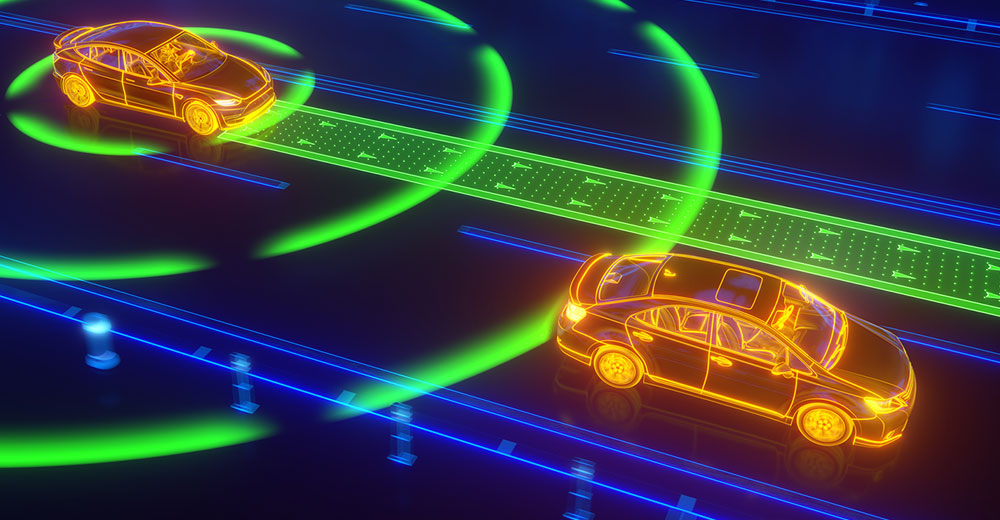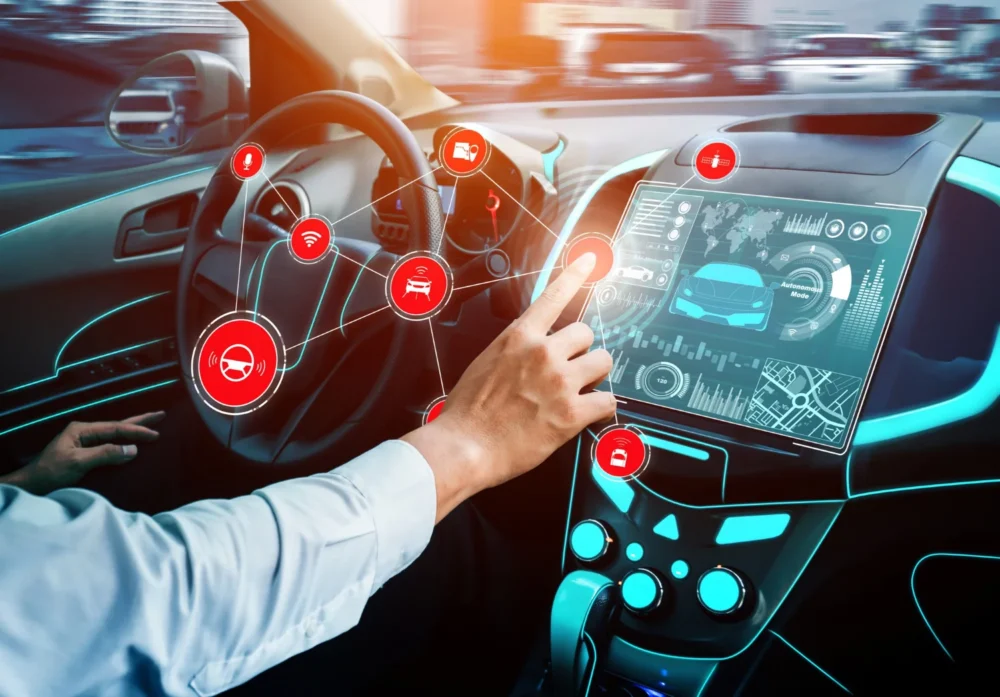The advent of self-driving cars has ushered in a new era in transportation, promising to revolutionize how we move from place to place. However, this technological advancement has also raised significant concerns and sparked intense debate.
Today, we’ll delve into the world of self-driving cars, examining their potential benefits and the legitimate concerns that accompany their widespread adoption.
The Promise of Self-Driving Cars

Source: entrepreneur.com
The majority of us have lived in a world with cars. Growing up, we’ve seen them on the streets, ridden in them, or have owned one. Globally, children are able to play with toy cars.
From the model cars in the US up to the rc cars australia has, we’ve always been surrounded by this revolution in transportation. However, as a new era comes in, so does a much more advanced innovation.
Self-driving cars, also known as autonomous vehicles, have captured the imagination of many with their potential to transform our daily lives. At the heart of their promise lies the prospect of enhanced safety.
Proponents argue that self-driving cars have the potential to reduce accidents caused by human error, which remains a leading cause of traffic fatalities worldwide. These vehicles are equipped with advanced sensors, cameras, and artificial intelligence systems that allow them to navigate roads, interpret traffic signals, and respond to potential hazards with remarkable precision.
Beyond safety, self-driving cars hold the potential to alleviate traffic congestion. Through the optimization of traffic flow and efficient route planning, autonomous vehicles could reduce travel times and fuel consumption, benefiting both the environment and commuters.
Additionally, they promise to make transportation more accessible for individuals with disabilities, the elderly, and those who cannot drive for various reasons.
Navigating Concerns

Source: technewsworld.com
But while the promises are tempting, the road to widespread adoption of self-driving cars is not without its challenges and concerns. One of the most pressing issues is the question of liability.
In the event of an accident involving a self-driving car, determining responsibility becomes complex. Is it the car’s manufacturer, the software developer, or the human occupant who bears responsibility? This legal grey area demands careful consideration.
Privacy concerns also loom large. Autonomous vehicles are essentially rolling computers, collecting vast amounts of data about their surroundings and occupants. If mishandled or accessed by malicious actors, this data could pose significant privacy risks. Striking the right balance between data collection for safety and respecting individual privacy is a key challenge for the industry.
Economic Impact and Job Displacement
The economic impact of self-driving cars is a topic of intense scrutiny. While proponents argue that autonomous vehicles could lead to economic growth by reducing transportation costs and creating new industries related to self-driving technology, others worry about the potential for job displacement.
The transportation industry employs millions worldwide, from truckers to taxi drivers. The transition to self-driving vehicles could potentially lead to job losses in these sectors. However, it’s worth noting that some experts argue that the impact on jobs may not be as dire as feared.
While certain roles may disappear, new vehicle maintenance, software development, and remote vehicle monitoring opportunities may arise. Nevertheless, addressing the potential economic disruptions associated with adopting self-driving cars remains a critical challenge for policymakers.
The Road to Regulatory Clarity

Source: concisesoftware.com
Navigating the complex web of regulations is another critical aspect of the self-driving car debate. As self-driving technology advances, policymakers and regulatory bodies must develop clear, consistent rules ensuring safety and innovation. Striking the right balance is crucial, as overly restrictive regulations could stifle progress, while lax regulations could jeopardize public safety.
Efforts are underway in various countries to establish a regulatory framework for self-driving cars. These efforts include defining safety standards, determining liability rules, and setting requirements for autonomous vehicle testing and deployment. However, achieving consensus on these issues is a complex and ongoing process, as it involves input from government agencies, industry stakeholders, and the public.
Ethical Considerations in Autonomous Decision-Making
One of the most ethically challenging aspects of self-driving cars is the need for these vehicles to make life-or-death decisions in split seconds. For instance, if an autonomous vehicle faces an unavoidable accident, it must decide how to minimize harm. This might involve choosing between protecting the vehicle’s occupants and protecting pedestrians or other drivers.
Resolving these ethical dilemmas is a multifaceted task requiring input from ethicists, technologists, policymakers, and society. Countries and organizations are developing guidelines and principles to address these issues, but consensus remains elusive. The ethical dimension of self-driving cars underscores the complexity of integrating autonomous vehicles into our society.
Final Thoughts
Self-driving cars are poised to revolutionize transportation, offering the potential to enhance safety, reduce congestion, and increase accessibility. However, they also bring forth concerns that need to be addressed.
Striking the right balance between embracing the benefits and addressing these concerns is crucial as we navigate the road ahead toward a future with self-driving cars. The path to widespread adoption will require collaboration among industry stakeholders, regulators, and society to ensure that self-driving technology benefits us all while minimizing its potential drawbacks.



